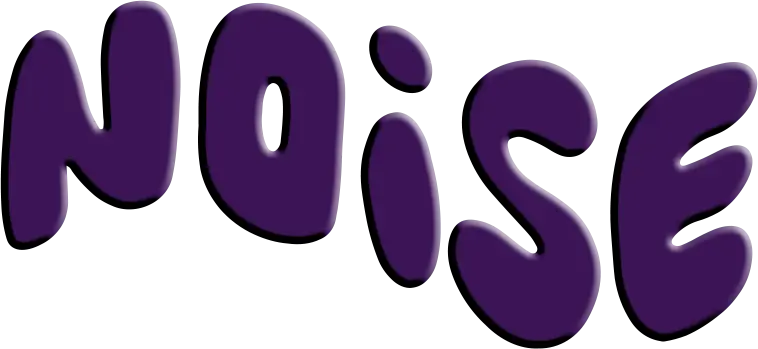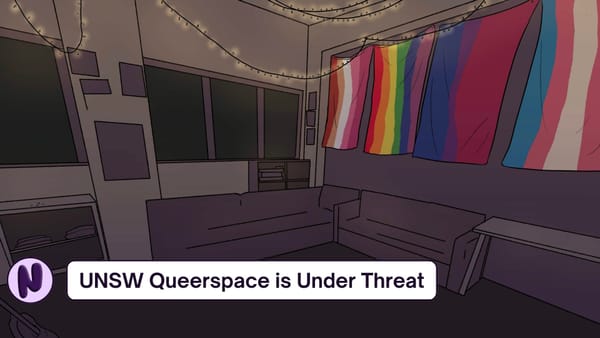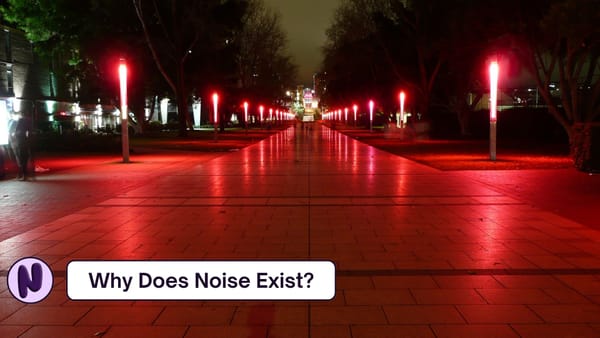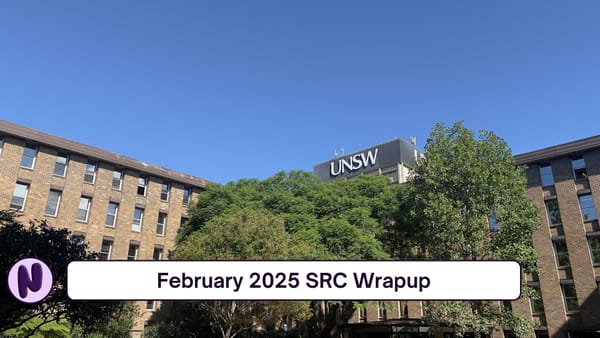Club Attendance Grants Slashed Without Notice During Executive Handover Period
On-campus attendance grants now only pay $1 per attendee - a disappointing change for the clubs community
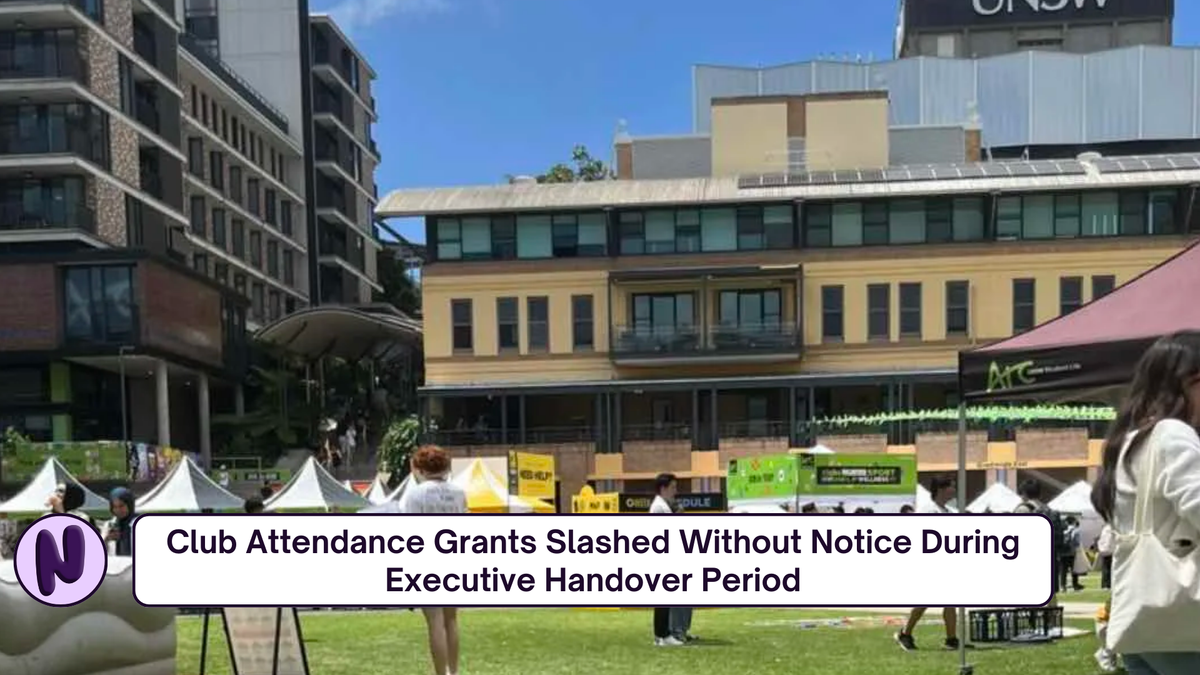
Arc Clubs has unexpectedly announced that the $2 per attendee grant for on-campus events would be reduced to $1. The change was announced and made effective immediately, leaving clubs scrambling to accommodate it during the already chaotic executive handover period.
The announcement comes only weeks after another controversial change; Arc suddenly cutting the number of Arc Membership Portal (previously known as SpArc) administrators per club from two to one with similarly limited warning. Administrator access is extremely important for clubs as it is used to file grant applications.
In an email to all club executives on the 22nd of October, Arc Clubs Communication & Engagement Coordinator Jamie Chambers wrote:
As announced during the 2025 Club Exec Training Days, On-Campus Activity Grant will no longer be available effective immediately.
This means that ALL events will receive funding under the “Activity Grant”. This is comprised of $1 Per Attendee (Up To 100 Arc Members) and 35% of expenses up to break even.
The change, which was informally announced at the mandatory Club Executive Training Day the weekend prior, was reported to have induced an audible gasp from the audience of club executives.
Many clubs, small and large, have been utilising the $2 per attendee to finance their society since it was introduced in 2022.
“We very heavily relied on it,” noted outgoing AnimeUNSW Treasurer Edison Fang. Despite AnimeUNSW having a paid membership fee and over 700 members registering in 2024, they still rely on attendance grants.
The email from Chambers justified the change as simply reverting a ‘temporary’ measure linked with COVID-19 introduced in 2021. “Since then, campus life has roared back to life and Clubs have started to reach pre-pandemic levels once again.”
Contrary to the email, the $2 attendance grant was actually introduced at the conclusion of 2022 and was not communicated publicly to executives at any point to be related to COVID-19, nor was it communicated to be temporary. There was no way for club executives to foresee this change and accommodate plans in advance.
On-Campus Activity Grants will now be funded differently. You will receive $2 per attendee at your events, and the cap for attendees has risen to 200
That was all that the original email back in 2022 noted.
Under the previous grant regime, clubs could have received up to $400 in attendance funds. With the changes, they can only receive $100 from attendance.
Further concern was raised with the change’s immediate effect, especially during the busy executive handover period. The change in effect punished clubs that were not able to submit their grants immediately after an event, despite the 30-day post-event window in which grant applications can be made.
Willow Heller, founding president of UNSW’s Neuroscience Society, a constituent society established in April of 2024 commented that “the reduction in on-campus attendance funding came almost without notice… and as a result affects our existing short-term plans.” NeuroSoc was not the only society affected by the limited notice, Fang highlighting the financial harms to AnimeUNSW. “With the changes happening immediately, a lot of our recent events that had been planned with a bigger budget are now running at a loss”. He estimated that the sudden changes led to a loss of $150 from a recent collaborative event with another society, as the changes took effect between the conclusion of the event and when they processed their grant application.
Many incoming club executives have already completed the clubs training on the basis of the $2 per attendee grant, making the likelihood of confusion and miscommunication even greater. Societies will now need to look to alternate sources of funding, such as sponsors, ticketed events or membership fees similar to AnimeUNSW, which harm the accessibility of societies and their events - a disturbing sentiment in the midst of the current cost of living crisis.
Heller highlighted these accessibility concerns; “The need to find outside funding and collaborators… makes it more difficult for us to run independent and non-ticketed events in the longer term - likely making events either collaborations or smaller scale and less accessible to students. We are fortunate to receive support from the Faculty of Science and the School of Biomedical Science.”
It is worth noting that not every faculty would necessarily be willing to fund its relevant constituent societies. In contrast, hobby societies like AnimeUNSW would not have the opportunity of faculty outreach at all and would be primarily reliant on grants.
Notwithstanding Arc’s seeming commitment to hearing feedback from its club executives, such as through the introduction of Clubs Town Halls in 2024, there has been no community consultation on the recent cutbacks to attendance grants.
“Despite Arc saying the $2 would help societies come back alive, a trend I’ve seen in recent years is that pretty much every single society is lowkey dying and growth of active members has been stagnating to some degree,” Fang commented in relation to hobby societies specifically. “The formation of so many new societies and offshoots of bigger societies into smaller communities is not helping this issue.”
The link between the oversaturation of clubs and the sudden decrease in funding is not completely unfounded. It is clear that Arc’s encouragement of new clubs has led to its resources being spread extremely thin, the recent changes to grants and Membership Portal admins being symptoms of this. While the formation of new communities at UNSW should not be discouraged, it is clear this is having an impact on the quality of life of existing clubs.
For example, recently introduced STEM constituent societies such as the Neuroscience Society are key to the growth and benefit of student cohorts within specialisations. However, limiting their funding is restrictive to their long-term growth as they are less able to access sponsors relative to larger, longer-established societies. New clubs are offered a ‘New Club Startup’ grant of up to $200, but these funds can be drained quickly.
Noise reached out to Arc for comment but they did not respond to the request.
Ultimately, the change is still in its early days, so we will continue to observe if clubs are able to adapt to it in the long term. However, the lack of community consultation and rug-pull manoeuvre with respect to these changes has definitely left both outgoing and incoming club executives with a sour taste in their mouths, a discouraging note to conclude 2024 on.
For the future, Noise hopes to see Arc Clubs in 2025 communicate proposed changes to Executives BEFORE committing to the change. We also hope that the Clubs department can receive an increase in funding so that grants can be more fruitful going forward.
